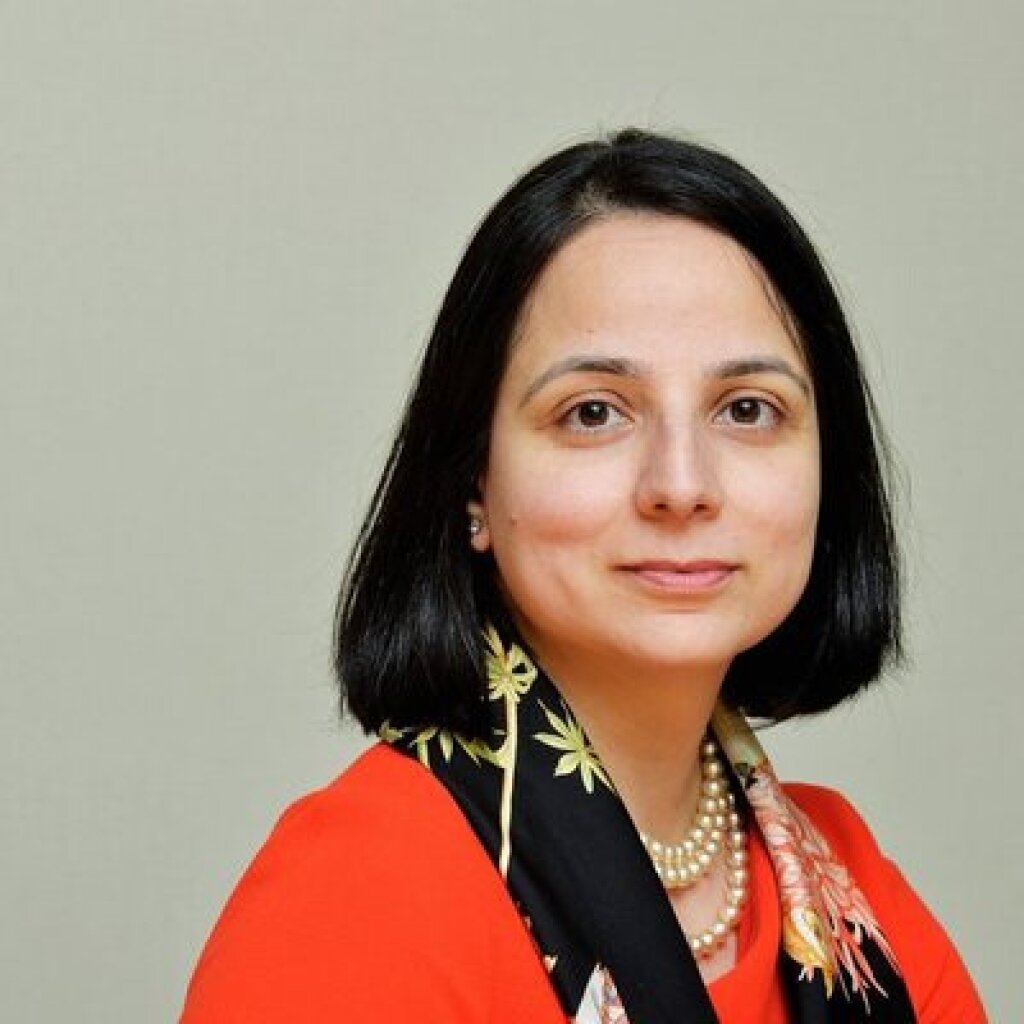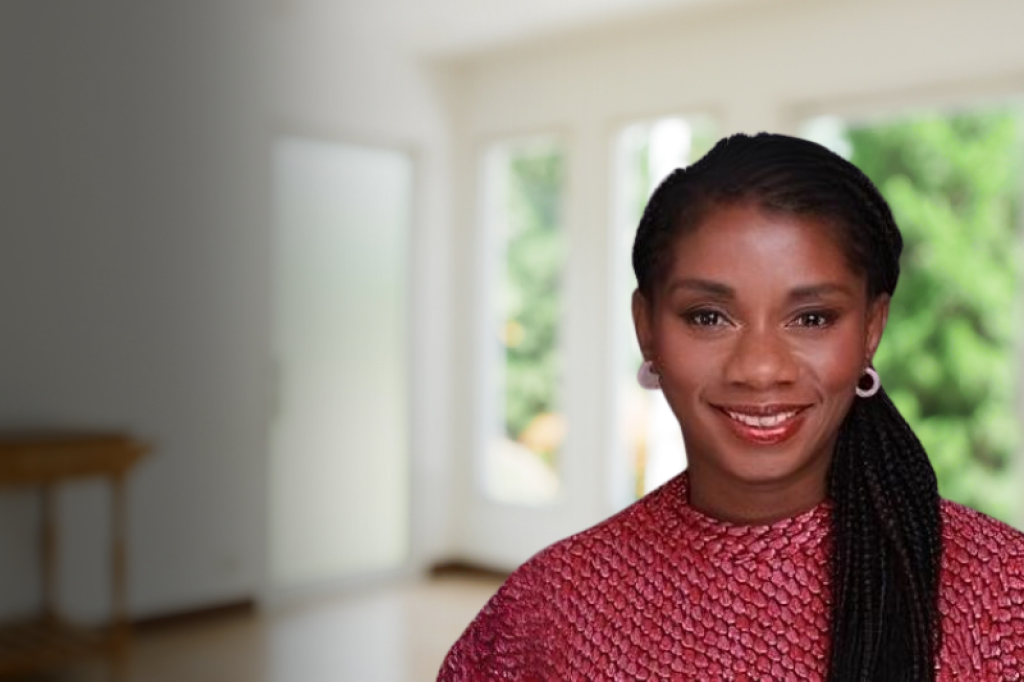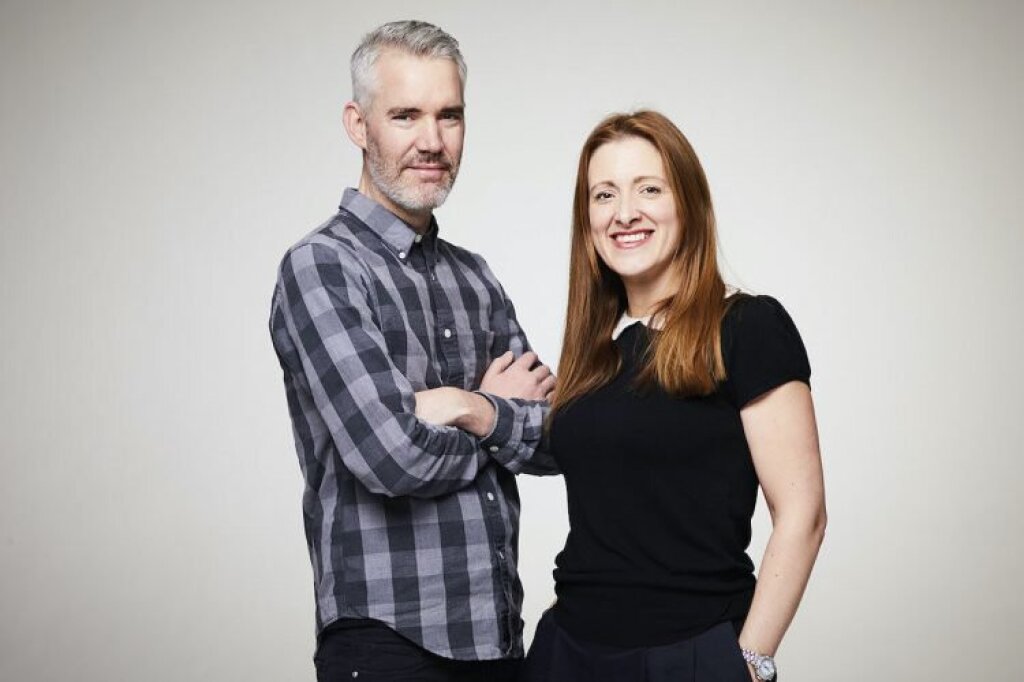The Be the Business Boards programme helps dynamic small businesses to meet challenges, manage their growth and become even more successful. But the benefits flow both ways – the board members say the investment of their time pays big dividends.
A driving force for senior leaders joining the Be the Business Boards programme is their desire to share their own experience to help small businesses to grow.
“I am passionate about building businesses in local communities,” said Lori Vokes, COO of fintech company Rest Less and a former M&A specialist at Cisco. “SMEs are the lifeblood of the economy, and if you can get them working well outside urban centres, then you get the whole country working.”
Similarly, Bhavna Saraf, a career banker and currently head of trade product at Lloyds Banking Group, describes herself as “an entrepreneur at heart”. She explained: “I have this desire to help companies be successful, through getting close to the real business problems.”
Each advisory board comprises five individuals, with a diverse range of business experience and expertise, who work with the entrepreneur for a 12-month period. The board members provide the fresh perspectives and challenges, practical tools and access to wider networks, that help build leadership capabilities and improve decision making within the companies they advise.
Enlightened self-interest
But the board members are not motivated purely by altruism. Clearly, a thriving small business sector benefits organisations of all sizes, but, all importantly, the board members themselves learn a great deal from both the entrepreneurs and from each other.
Pete Boddy, head of engineering, Air Service, at BAE Systems, describes his experience of sitting on a board as “an incredible multifaceted learning experience for everyone, because you’re looking at problems, challenges and opportunities through multiple lenses.”
Tobias Knichel, managing director of PUNCH Flybrid, the leader in mobile flywheel energy storage technology solutions, has held senior management positions in a startup, a privately owned SME, a London Stock Exchange-listed company and a family-owned group with 2000 employees.
He believes that his experience of scaling up a business could be useful to the businesses he’s advising. However, he also finds it interesting to learn about those companies and hear how the other board members, with all their varied knowledge and experience, approach the different problems that are presented to them.
“It’s so interesting to think about the challenges these young businesses are facing, and how you might adapt your own collective experience to help them,” he said. “Everyone is working together to try to come up with good solutions, and that creates a very positive atmosphere, which I really enjoy.”
A holistic learning experience
Bhavna credits Be the Business with skill in putting the boards together. “We’re all from different backgrounds and we didn’t know each other before, but it feels as though we have always worked together. We gel, there is real chemistry there, and we act as one cohesive unit for the business owner.”
The board members typically advise two companies at once, with the quarterly board meetings for both scheduled for the same day. This makes efficient use of their time, but they also find they can often apply knowledge gained in one board discussion to the challenges facing the other small business.
Pete has found it interesting how transferable skills and experiences are. He is both a board member and an experienced mentor. “It might sound a bit egotistical, or selfish, but knowing that you can help a diverse group of people in different businesses is good for your confidence,” he said.
“It’s also useful to validate yourself and your opinions against very experienced people in different industries,” he added, admitting that he’s identified – and addressed – some areas for improvement in himself as a result of the being on the board.
“The rewards are brilliant, quite frankly, and it’s a thoroughly enjoyable activity to be involved in.”
Pete Boddy, BAE Systems – board member
The importance of listening
As Pete explained: “What tends to happen, which is great to see, is that even when the board members come in from all these different angles, directions and sectors, you start to see the conversation coalesce into a single piece of advice. This action and direction that comes from all of us and is then passed onto the business leader is really powerful and truly enjoyable.”
While no one should shy away from difficult conversations, the board members also have to listen, Bhavna said. Not only does this ensure that you “recalibrate your experience and make it specific to the case in hand,” but you also learn more yourself.
Tobias implemented a marketing programme in his own company the day after one board meeting, inspired by a fellow board member’s advice to the SME owner that however skilled you are at your specialism – engineering, for example – it counts for nothing if no one knows about it. Bhavna, for her part, has improved her listening skills – a critical aspect of being an advisory or non-executive board member.
Indeed, several of the board members on the programme are using the experience to test their aptitude and appetite to be a fully-fledged non- executive director. Some take to it like a duck to water; others, like Lori, realise they still enjoy being more hands-on. “I like building things, I like actually being responsible for things,” she said. “It’s made me realise I’m not yet ready to pursue a portfolio career.”
Return on investment
Lori enjoys the programme nevertheless: “I get a kick out of learning about what these amazing companies are doing, and how innovative they are,” she said. “There is also a tangible leadership benefit to be gained.”
Tobias admits that dedicating sufficient time to perform the advisory role effectively can be a challenge for busy people, but that the investment in time is repaid several-fold in terms of exposure to fellow board members, wider perspectives on business problems and, last but not least, getting up close and personal with inspirational entrepreneurs at the cutting edge of innovation. In fact, Lori believes that given the role is advisory, rather than hands-on, the quarterly meetings and associated time requirement is “perfect.”
Tobias wouldn’t hesitate to recommend the programme to other business leaders: “I think it’s a brilliant initiative,” he said.
Pete agrees. “If you sit in your own bubble for too long, you believe your own hype, and at some point, that bubble will pop,” he said. “My advice would be to put yourself out there.”
“It’s hard not to enjoy the process – you have people who are curious about you and your business and really want to help you. They are willing to give you their time. They appear to be learning from it too and enjoying it.”
Jenner Collins, founder, Collins Limited – SME board participant
“I felt empowered by the fact that these highly experienced, knowledgeable people had not just taken time out of their busy lives to give me advice and support, but they actually validated what I was doing. I think we all had mutual respect.”
Marcus Trofimov, founder, Silverstone Composites – SME board participant
Headline takeaways
See how others approach problems
The varied knowledge and experience on a board exposes you to different perspectives.
Advice from other members may be applicable to your own business
PUNCH Flybrid's Tobias implemented a marketing programme in his own company the day after one board meeting, inspired by a fellow board member’s advice.



